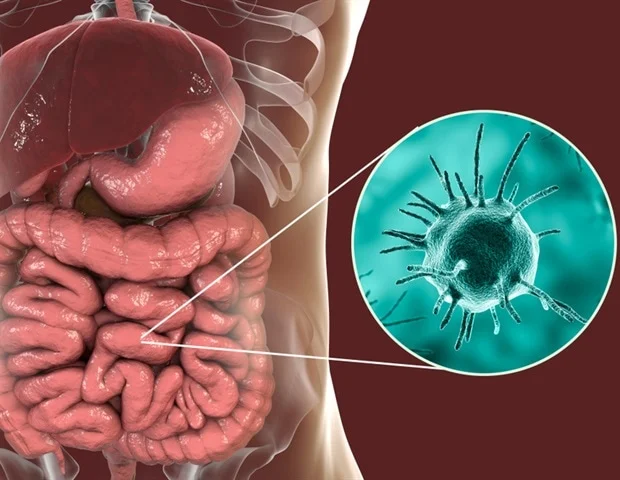Hair loss is a common problem affecting the millions of men and women worldwide. Thanks to modern hair restoration techniques, you no longer have to live with thinning hair or bald spots. Among the most popular procedures are FUE and FUT hair transplants. Choosed the right method can feel overwhelming, but understanding the differences, benefits, and ideal candidates for each will help you make an informed decision. In this article, we’ll break down everything you need to know about FUE vs FUT hair transplant techniques.
Understanding Hair Transplantation
Hair transplantation involves relocating healthy hair follicles from a donor area, typically the back or sides of the scalp, to thinning or balding regions. The donor hair is genetically resistant the hair loss, ensuring that transplanted follicles continue to grow naturally. While both FUE and FUT achieve the same goal—restoring hair—the method of harvesting donor follicles distinguishes the two procedures.
What Is FUE Hair Transplant?
FUE, or Follicular Unit Extraction, is a minimally invasive technique treatment where individual hair follicles are removed the donor area using a tiny punch tool. The extract follicles are then implanted into the thinning or bald areas in natural growth patterns.
Benefits of FUE:
- Leaves tiny, nearly invisible dot-like scars
- Faster healing and minimal downtime
- Ideal for patients with short hairstyles
- Less post-procedure discomfort
- Greater flexibility in follicle placement
FUE is the excellent choice for patients who want minimal scarring and a faster recovery, especially those who like to keep their hair short.
What Is FUT Hair Transplant?
FUT, or Follicular Unit Transplantation, also known as the strip method, involved to removing a thin strip of scalp from the donor area. This strip scalp is then dissected under a microscope into individual follicular units, which are implanted into the thinning areas.
Benefits of FUT:
- Allows harvesting a larger number of grafts in a single session
- More cost-effective for extensive hair loss
- Provides stable and strong grafts
- Linear scar is hidden under longer hair
- Suitable for patients needing maximum coverage
FUT is ideal for patients with the advanced hair loss who require number of grafts in one session.
Key Differences Between FUE vs FUT Hair Transplant
| Feature | FUE | FUT |
|---|---|---|
| Extraction Method | Individual follicle harvest | Strip of scalp tissue |
| Scarring | Tiny dot scars | Linear scar |
| Recovery | Shorter, minimal downtime | Slightly longer due to sutures |
| Number of Grafts | Limited per session | Higher graft yield |
| Hair Length | Works well for short hair | Best for medium/long hair |
| Cost | Slightly higher per graft | Often lower per graft |
Understanding these differences helps patients determine which procedure suits their lifestyle, hair goals, and budget.
Recovery and Healing Time
One major consideration when choosing between FUE vs FUT hair transplant is recovery time.
- FUE: Recovery is quicker because tiny extraction points heal fast without the need for stitches. Many patients resume to get normal activities within a few days.
- FUT: Recovery is slightly longer due to the linear incision and sutures. Stitches are typically removed after 10–14 days, and patients must avoid heavy activity during this period.
Both techniques are safe, but knowing what to expect can help you plan your procedure and post-op care.
Natural-Looking Results: FUE vs FUT
Both FUE and FUT hair transplant procedures provide natural-looking results when performed by professional surgeon. The transplanted follicular units grow just like your existing hair, ensuring a seamless appearance.
- FUE: Offers more flexibility for graft placement, which can be helpful for detailed hairline design.
- FUT: Often provides stronger grafts suitable for larger sessions, ensuring good coverage for extensive hair loss.
The final outcome largely depends on the skill of the surgeon and careful planning of graft placement.
Cost Considerations
Cost often influences the choice between FUE vs FUT hair transplant.
- FUE: Generally more expensive per graft due to the labor-intensive extraction process.
- FUT: More cost-effective for patients requiring a high number of grafts in one session.
The best approach is to schedule a consultation to receive the accurate estimate based on your individual hair restoration needs.
Ideal Candidates for FUE vs FUT
FUE Candidates:
- Early to moderate hair loss
- Short hairstyles
- Preference for minimal scarring
- Willing to invest slightly more for faster recovery
FUT Candidates:
- Advanced or extensive hair loss
- Medium to long hairstyles
- Desire maximum grafts in one session
- Looking for a cost-effective option
Your hair loss pattern, lifestyle, and goals should guide which procedure is most suitable.
Tips for Choosing the Right Hair Transplant Method
- Assess the Extent of Hair Loss: Mild thinning may be suited for FUE, while large balding areas may require FUT.
- Consider Your Hairstyle: Short hair works better with FUE, whereas longer hairstyles can conceal FUT scars.
- Evaluate Budget: Compare the costs of FUE vs FUT and decide based on long-term value.
- Select a Skilled Surgeon: Experience is crucial to achieve natural-looking results.
Consulting with a qualified specialist ensures you receive personalized guidance tailored to your needs.
Conclusion
Both FUE and FUT hair transplant techniques provide reliable, natural-looking results for hair restoration. FUE offers minimal scarring, faster recovery, and flexibility in graft placement, making it ideal for patients with mild to moderate hair loss and short hairstyles. FUT allows higher graft yield, cost-effectiveness for large areas, and is suitable for advanced hair loss.
Ultimately, the choice between FUE vs FUT hair transplant depends on your hair loss severity, hairstyle preferences, and budget. For expert advice and customized treatment, consult Palm Desert Beverly Hills Hair Restoration to achieve the best results tailored to your individual goals.















Leave a comment